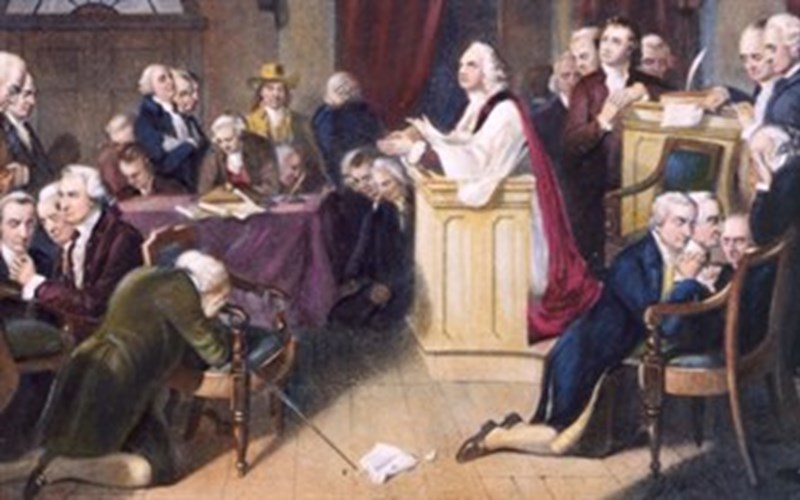According to recent survey from the College Pulse, "just over one-quarter (27%) of students correctly identify Kamala Harris as the president of the Senate" and that "almost one-third of students think senators serve a four-year term."
Just over one-third (37%) of students correctly identify John Roberts as the chief justice of the Supreme Court," and "[l]ess than one-third (31%) of students correctly identify James Madison as the Father of the Constitution."
Additionally, less than one-third of students know "that the legislative branch has the power to declare war," only one-quarter of students know "that the 13th Amendment freed slaves," and less than one-third know when the U.S. Constitution was written.
Neal McCluskey, director of the Cato Institute's Center for Educational Freedom, does not think higher education should be blamed for this.

"The expectation would be that by the time you graduate high school, you know these things," he submits. "You know your U.S. history, the basics, and you know the basics of how government works. It's really not something that colleges should be doing."
Michael Poliakoff, vice president of the American Council of Trustees and Alumni, says this means students are unprepared for participation in American's constitutional republic, but McCluskey does not think it is such a disaster.
"We want people to be knowledgeable about how government works and what it does, but it's not necessarily a crisis," he submits.
He does not think a greater understanding of the political system would change how people vote.
The survey was conducted in June 2024 and included responses from more than 3,000 college and university students.







